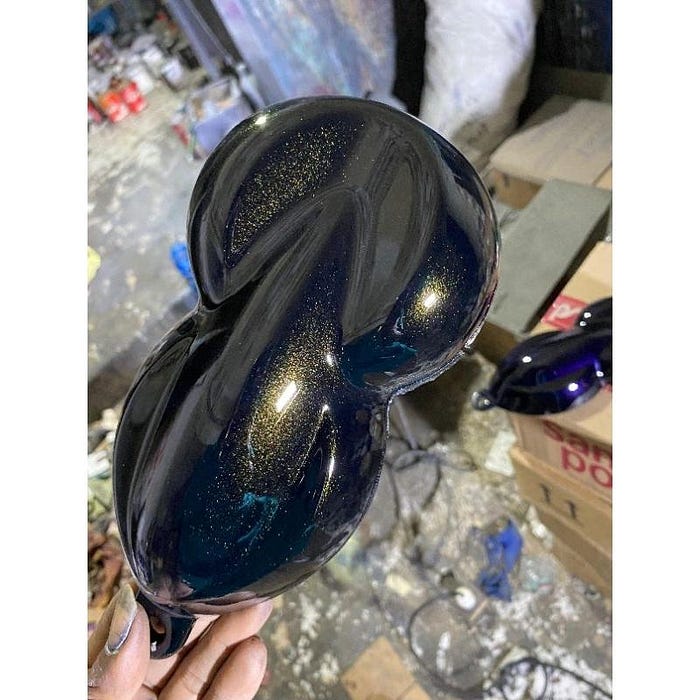The extremely unique movie, The Mill and the Cross, by the filmmaker Lech Majewski features Rutger Hauer as the Flemish Renaissance painter Pieter Bruegel the Elder. If you are interested in the Northern Renaissance I would recommend seeing this movie.
This movie is visually stunning and takes the viewer inside the painting The Road to Calvary which was painted by Bruegel in 1564. The painting, seen below, shows Christ carrying the cross on the way to his crucifixion in the center of the painting. Instead of a quiet, solemn scene with just a few key biblical figures and a focus on Jesus, it has an almost festive atmosphere with about a hundred people. Jesus carrying the Cross is nearly hidden in the center of the chaos and the Crucifixion appears to be set during the 16th century. Let's first look at the painting and then I will discuss more about this movie.
The history of the region is important to keep in mind as you view both the painting and the movie.
The Road to Calvary, Pieter Bruegel the Elder, 1564
Kunsthistorisches Museum, Vienna
In the 15th century Flanders consisted of Belgium, the Netherlands, part of France and was ruled from Burgundy. In the late 15th century Flanders was absorbed into the Hapsburg Empire, then King Charles V of Spain inherited it in the early 16th century. After the Reformation of the Church the Flemish Netherlands became Protestant while Spain was staunchly Catholic. This led to the 80 years war between Spain and the Netherlands with Flanders being ruled over by Spain. Eventually the Netherlands won its independence in 1648.
In 1564 when Bruegel painted this work the Protestant Reformation had happened recently and Spanish soldiers were now occupying Flanders. They are shown in red and on horseback in the painting. It was not uncommon to set Biblical themes within the time of the painter, this had been done from Roger Campin to Raphael to Caravaggio. This was in part due to a lack of knowledge of the architecture and dress of life in the time of Jesus and done unintentionally. There were also many times when it was done intentionally, so that the churchgoers who were praying in front of the painting could better relate Christ to their own lives.
In the case of The Road to Calvary this can be seen as the latter, almost a warning to those who are fighting with each other in the name of religion. Mixed in with scenes of the Passion of Christ are scenes of everyday life, life continues from dancing to fighting to selling wares to mourning the life of Jesus. Above everything sits an imaginary steep and rocky hill topped by a windmill. A windmill had four arms like the cross and was often a symbol for the cross, the windmill also seems a symbol for the ever present eye of God watching down on everyone. This seems more like a festival such as in Bruegel’s many other works such as his Peasant Wedding, the artist was well known for his scenes of peasant life.
The Peasant Wedding, Pieter Bruegel the Elder, 1568
Kunsthistorisches Museum, ViennaAn important thing to keep in mind as well is the role of art in the church at this time, it was not meant to be decorative but to teach parishioners who may be illiterate. Even for those who could read, paintings were a source for meditation and reflection.
I saw the movie in that same sense. Rather than an entertaining story it provided a similar role for the 21st century viewer that religious painting would have provided a 16th century viewer. Majewski's film contained very little dialogue, no real plot and characters who were not fleshed out. But the film is so visually stunning, so absorbing and engages the viewer in such a way as to transport you back to that time. It is obvious that a lot of work went into making this and creating every little detail that was shown.
While there isn't much dialogue, the movie is rich in sound: children playing, bells tolling, crows, crowds and the ever turning and grinding mill which more than ever is the symbol for God in this movie. It is a composite between real and imaginary scenery, full of symbols. I left thinking I would need to watch it again to fully understand it. Charlotte Rampling played the mourning Madonna and had the most eloquent dialogue in the film.
Bruegel's wife seemed to symbolize a young Madonna, one of my friends who I saw it with noticed that a town magistrate seemed to symbolize Ponchos Pilate.
There are violent and brutal scenes, a man is killed and Christ is shown being crucified. However that ties into the theme of the movie acting as a catalyst for reflection the way the painting would have.
Part of the description reads: "Majewski invites the viewer to live inside the aesthetic universe of the painting as we watch it being created."
That statement for me sums the movie up best and has had me thinking about the painting and reflecting on life since I left.


.jpg)


